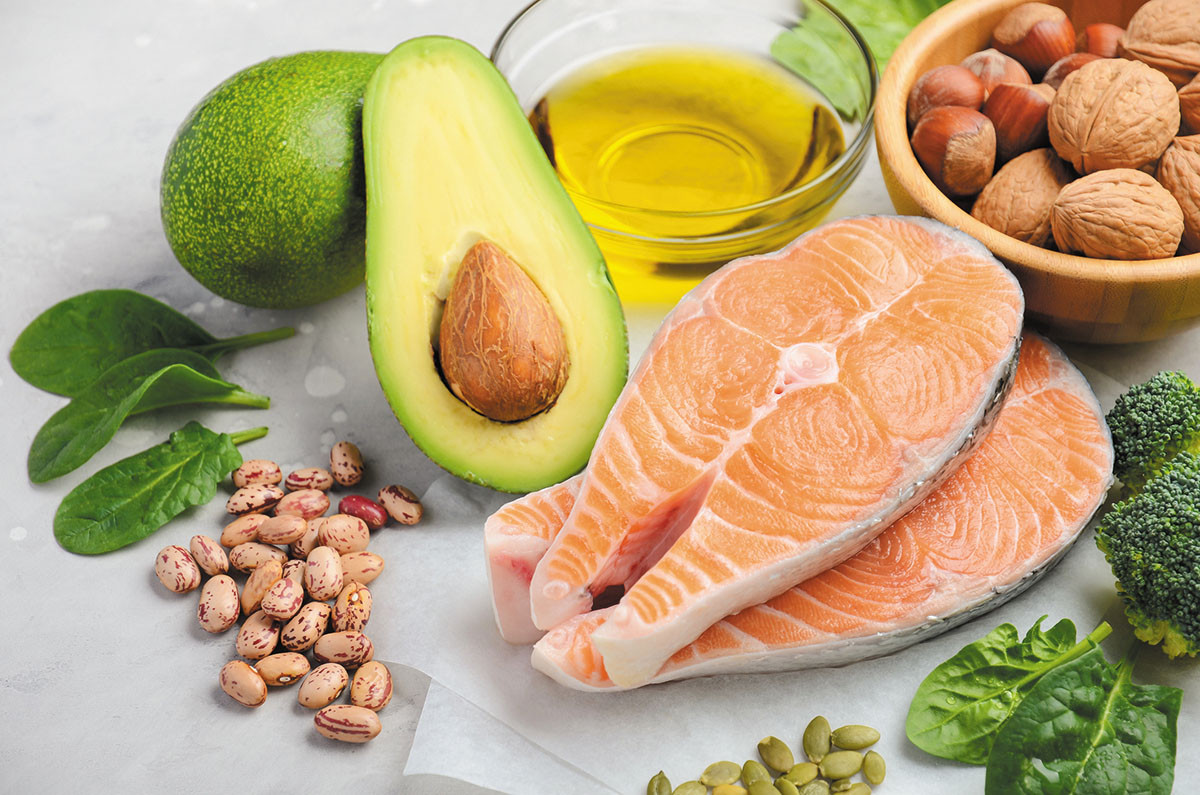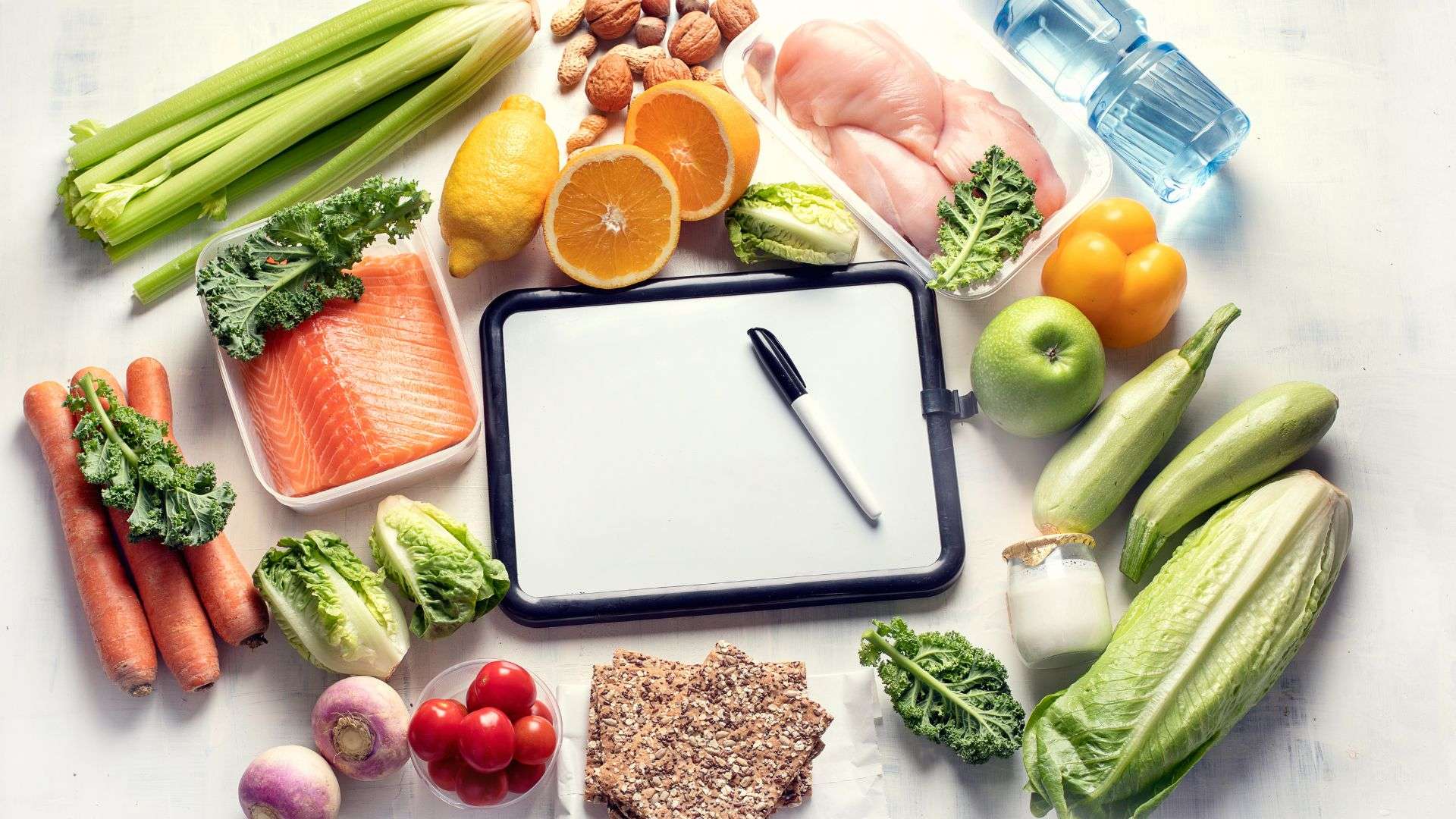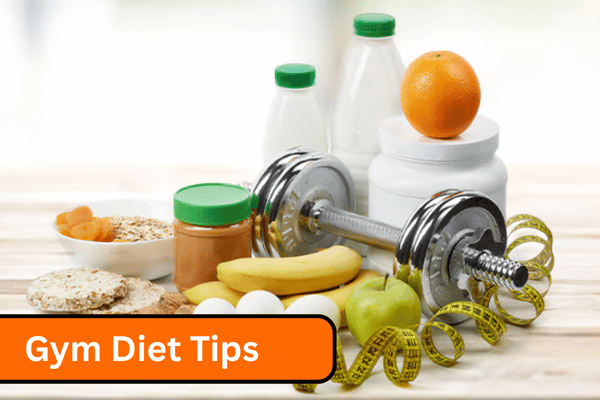Gym Diet Tips
Hitting the gym is only half the journey toward fitness success. What truly determines your progress is what you eat before and after your workouts — and that’s where the guidance of a dietician becomes essential. The right diet can boost energy, improve recovery, and help you build lean muscle faster. Yet, many gym-goers overlook the importance of nutrition and focus solely on exercise.
This blog shares the top 10 gym diet tips that can help you maximize your workout results. Whether your goal is to gain muscle, lose fat, or improve endurance, these tips will guide you toward making smarter food choices that complement your fitness nutrition routine.
Start Your Day with a Balanced Breakfast
Breakfast sets the tone for your entire day. Skipping it can lead to fatigue and poor performance at the gym.

Choose a combination of complex carbohydrates, protein, and healthy fats.
- Good options: Oats with milk, eggs with whole-grain toast, or a smoothie with fruits and protein powder.
- Why it matters: It fuels your muscles with glycogen and provides steady energy throughout your workout.
A balanced breakfast also keeps your metabolism active, which helps in maintaining a healthy body composition.
Eat a Pre-Workout Meal for Energy
A well-timed pre-workout meal ensures you have the energy and stamina to train effectively.
Eat this meal 1.5 to 2 hours before your workout. It should contain easily digestible carbohydrates and moderate protein.
- Example: Brown rice with grilled chicken or a banana with peanut butter.
- Avoid: High-fat or heavy meals that slow digestion.
This helps maintain blood sugar levels during your workout and prevents early fatigue.
Stay Hydrated Before, During, and After Exercise
Hydration plays a major role in performance and recovery. Even mild dehydration can cause cramps, tiredness, and poor concentration.

- Before workout: Drink 500 ml of water about 30 minutes before exercising.
- During workout: Take small sips every 15–20 minutes.
- After workout: Replace lost fluids with water or coconut water.
If your workout lasts longer than 60 minutes, consider an electrolyte drink to replenish sodium and potassium levels.
Focus on Post-Workout Recovery Meals
Your post-workout meal is when your body repairs and rebuilds muscle tissue. Eating the right nutrients soon after exercising enhances recovery and muscle growth.
Consume this meal within 30–45 minutes after your workout.
- Include: A fast-digesting protein (like whey) and a simple carbohydrate (like banana or rice).
- Examples: Protein shake with a banana or grilled paneer with rice.
This helps replenish glycogen stores and triggers muscle repair for faster recovery.
Prioritize Protein for Muscle Growth
Protein is the building block of muscles. If you’re working out regularly, you need to consume enough protein to repair and build muscle tissue.
- Daily intake: Around 1.2–1.7 grams of protein per kg of body weight.
- Sources: Eggs, chicken, fish, paneer, lentils, tofu, and Greek yogurt.
Distribute your protein intake evenly across meals to maintain a steady supply of amino acids throughout the day.
Don’t Neglect Healthy Fats
Many gym-goers make the mistake of cutting out fats completely. Your body needs healthy fats for hormone balance, nutrient absorption, and sustained energy.

- Sources: Avocados, nuts, seeds, olive oil, and fatty fish.
- Avoid: Trans fats and fried foods.
Including small amounts of good fats in your meals can improve workout performance and support long-term health.
Include Complex Carbohydrates for Endurance
Carbohydrates are the main fuel for your muscles. Complex carbs release energy slowly and keep you energized for longer workouts.
- Sources: Brown rice, quinoa, oats, sweet potatoes, and whole grains.
- Avoid: Sugary snacks and refined carbs that cause energy crashes.
If you’re doing high-intensity training, your carb needs may be higher. Adjust portions based on your activity level and goals.
Time Your Meals Smartly
When you eat matters as much as what you eat. Proper meal timing ensures steady energy and better muscle recovery.
- Eat every 3–4 hours to maintain metabolism and prevent overeating.
- Avoid long gaps between meals as it can lead to fatigue and poor focus.
- Plan small snacks like a handful of nuts, yogurt, or fruit between major meals.
This approach keeps your energy levels stable and helps you avoid junk food cravings.
Supplement Wisely
Supplements can support your nutrition, but they should never replace real food. Use them only to fill gaps in your diet.
Common options for gym-goers:
- Whey Protein: Quick recovery and muscle repair.
- BCAAs: Reduces muscle soreness and fatigue.
- Creatine: Enhances strength and endurance.
- Omega-3: Reduces inflammation and improves joint health.
Always consult a nutritionist before starting any supplement to ensure safety and effectiveness.
Customize Your Diet to Your Goals
Every fitness goal needs a different nutrition approach.

- For muscle gain: Eat in a calorie surplus with a focus on protein and carbs.
- For Weight loss: Maintain a calorie deficit while prioritizing protein for muscle retention.
- For maintenance: Balance calories with moderate carbs, fats, and protein.
Track your progress and make gradual adjustments to your meal plan as your body changes.
Expert Advice from Deepak KD
Deepak KD is a practicing nutritionist, consultant, trainer, social worker, and entrepreneur. With years of experience, she has helped individuals achieve their fitness and health goals through personalized diet plans.
She provides nutritional guidance for a wide range of health conditions such as:
- Diabetes and Hypertension
- Cardiac issues and Obesity
- Underweight and Digestive problems
- Allergies and Sports nutrition
- Pre & Post pregnancy diets
- Child and Post-surgery nutrition
If you’re serious about improving your fitness or managing health through diet, consulting a professional like Deepak KD can help you design a plan that fits your body type, activity level, and goals.
Consult her at:
D’FAB U Thane
Kabra Galaxy, Brahmand, Thane, India
To book an appointment, call or visit the clinic directly.
FAQs On Gym Diet Tips
1. Should I eat before every workout?
Yes. Eating before your workout provides the fuel your body needs to perform better. Aim for a light meal or snack 1–2 hours before training.
2. How much protein should I take after a workout?
Consume around 20–30 grams of protein within 30–45 minutes post-exercise to support muscle repair and recovery.
3. Are supplements necessary for gym results?
Supplements are optional. A balanced diet can provide all the nutrients you need, but supplements can help fill specific nutritional gaps.
4. What’s the best time to drink a protein shake?
The best time is after your workout. You can also have it between meals to boost daily protein intake.
5. Can I eat carbs at night if I work out in the evening?
Yes. Eating carbs after an evening workout helps replenish glycogen stores and supports recovery. Choose complex carbs like sweet potatoes or brown rice.
Gym Diet Tips: Conclusion
Your gym results depend on more than just how hard you train. What you eat before and after your workouts directly impacts your strength, recovery, and overall progress. Focusing on balanced nutrition, hydration, and proper meal timing can help you get the most out of your efforts.
For a plan tailored to your needs, consult a qualified nutritionist like Deepak KD at D’FAB U Thane. With expert guidance, you can achieve lasting fitness results and build a healthier relationship with food—one meal at a time.
